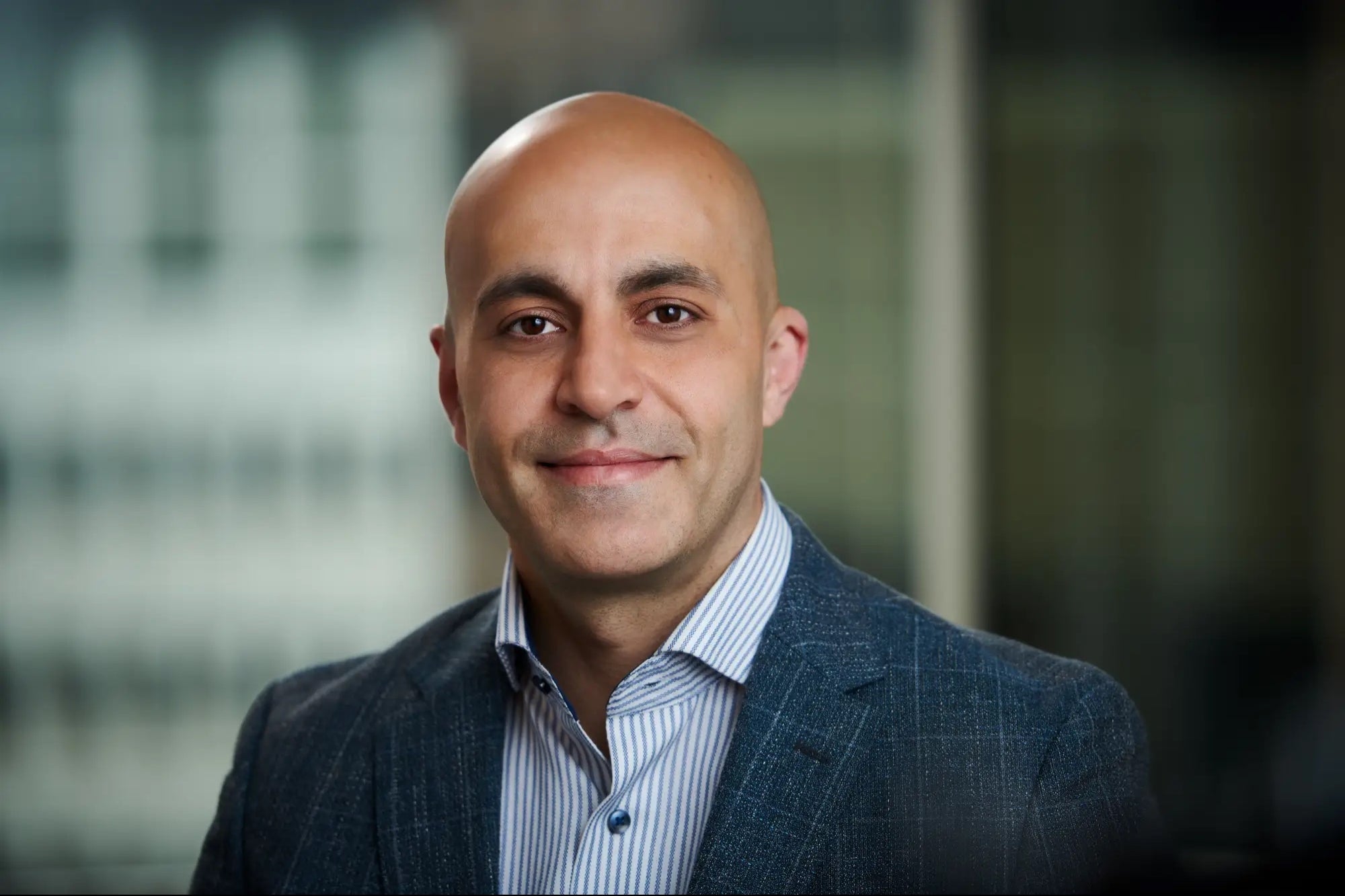This CEO Says There's 'Not Much Value' to Job Interviews. He Prefers Testing Candidates Instead. "I don't believe in interviews because I think some people interview well, and they might not be good at all," says Databricks CEO Ali Ghodsi. "And some people interview really poorly, but they might be excellent."
By Jaures Yip
Key Takeaways
- Databricks CEO Ali Ghodsi isn't the biggest fan of interviews and "gotcha questions."
- Ghodsi prefers to analyze candidates by testing them with a real challenge within the company.
- He also talks to multiple "back-door" references to try to gain more insight.

This article originally appeared on Business Insider.
What's your greatest weakness? Don't expect Databricks' CEO to ask that during an interview with his company.
Instead, expect to be put to work on a real problem the company is working on — maybe coupled with a morning or evening phone call to talk through it.
That's because Databricks CEO Ali Ghodsi doesn't think interviews have "that much value," he said in an episode of "The Logan Bartlett Show."
"I don't believe in interviews because I think some people interview well, and they might not be good at all," he said. "And some people interview really poorly, but they might be excellent."
Instead of trying to catch applicants with "gotcha questions" that they've likely already researched or practiced, Ghodsi said that he prefers to "actually have them do the job."
Assessments and coding tests are usually part of the hiring process for programmers and engineers, but the Databricks cofounder said applicants for other roles could also be tested by asking them to tackle issues the company is actually experiencing.
"If you're hiring someone for head of marketing, work with them to fix something that's broken in marketing right now," he said. Call them up in the morning or evening and talk through the issue, he said, and "if they could fix those things, they're clearly a good hire."
By having them do basically the job "as if they were already an employee," Ghodsi said that he's able to gauge the candidate's ability and whether they are on "the same wavelength."
Ghodsi isn't the only executive who finds standard interview questions a poor litmus test for potential hires.
Nvidia CEO Jensen Huang said that he likes asking candidates "one in-depth question" to see how they reason through it, as opposed to technical questions that are often shared online. The other questions Huang likes to ask are not directed at applicants at all. The Nvidia founder said in a recent podcast interview that he likes to "go back to reference checks" with questions he would ask candidates.
"You could always make for a great moment, but it's hard for you to run away from your past," the Nvidia CEO said.
Ghodsi similarly looks for five to 10 "back-door references," or former bosses or coworkers that candidates do not provide themselves, in order to understand the candidates, sometimes "better than they know themselves."
"Because you know all the things they went through, and you know the perspective of three, four people that saw that happen to them in the previous job," he said. "They might not actually fully comprehend what everybody thought about that situation."
And while Ghodsi may not view the standard interview approach as the best way to analyze a candidate, that doesn't mean he thinks the process should be scrapped. He said he believes executives should be heavily involved in the interview process — especially newer leaders.
For example, new founders looking for a great chief financial officer, chief revenue officer, or VP of engineering should immerse themselves by interviewing candidates and "doing back doors on everyone," Ghodsi said on an episode of the "A16z Podcast."
Although references can often default to generic positive reviews, Ghodsi said that if he finds one that really "opens up," he asks them to rank how good the candidate is.
"Then you want to go really deep," he said. "Who's No. 1, who's No. 2 on your list — by the way, you go after those as well, of course."
Ghodsi said he likes to "grill" them with follow-up questions on specific situations, almost to the point that "they become uncomfortable," to get a fuller picture of the candidate.
"Like, what did they do well? Tell me something that went wrong; give me a scenario; what was that scenario," Ghodsi said. "Really push the boundary."











